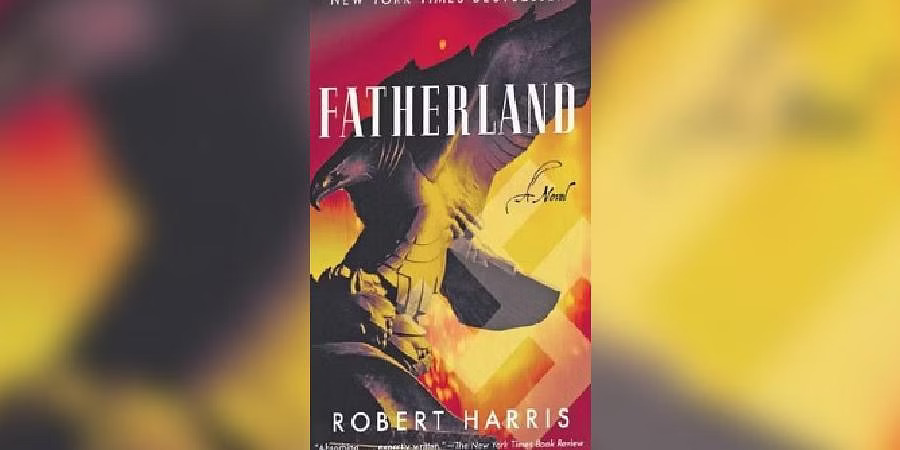‘Alternate history’, the ‘What if’ Genre

Have you ever imagined how your life would be if some of the most important moments in your life had turned out differently?
Say you followed a different profession, moved to a different country or married a different person. In the world of literature, this idea is explored in the context of history. Called Alternate History, it is considered a sub-genre of fiction (mainly historical fiction or science fiction).
It is a niche space with the most common theme being around the outcomes of war and Presidential elections – e.g. what if Germany had won World War 2 (Fatherland by Robert Harris); what if Napolean had won the Battle of Waterloo or if Lincoln had lost the Civil War (Peter G Touras’s Napoleon Victorious and Gettysburg: An Alternate History). The most popular theme related to presidential elections has been the US election of 1880: what if James A Garfield had become President of United States instead of Abraham Lincoln (Benjamin T Arrington’s The Last Lincoln Republican)?
Two of the most popular books around alternate history are The Guns of the South by Harry Turtledove and The Man in the High Castle by Philip K Dick (the latter was made into an OTT series by the same name). However, an interesting twist to the concept of alternate history has been to explore different outcomes for fictional ideas – like what if Superman sides with the British during the Revolutionary War; Batman sails the seas as the dreaded pirate Leatherwing; the armoured hero Steel faces a vicious slavemaster on a Civil War-era plantation.
These are the themes of the graphic novel Superman/Batman: Alternate Histories, which comprises a bunch of stories collected from the 1994 DC Elseworld Annuals. It’s a great introduction to the what-ifs of the DC superhero universe. You take a history that was fiction, to begin with and move it into an alternate possibility. Such narratives have spawned some of the most imaginative comics.
Another intriguing biographical tale is Rodham by Curtis Sittenfield, which asks the question: what if Hillary Rodham had not married Bill Clinton but had achieved something significant on her own? The book imagines a timeline where a 20-something Yale Law School graduate Hillary Rodham ultimately rejects Bill Clinton’s marriage proposal (in reality she accepted his proposal the third time!).
Harry Turtledove is considered ‘The Master of Alternate History’ and has been credited with bringing the sub-genre into the mainstream. He is known for creating original alternate-history scenarios, such as the survival of the Byzantine Empire or an alien invasion in the middle of the Second World War. In addition, he has been credited with providing original treatment to alternate themes that had been dealt with by many others.
Most of his books have a strong military theme. Guns of the South where he imagines the rebels winning the Civil War is his most popular book. When Harry Turtledove was asked how he writes alternate fiction, he said, “I use the same extrapolation techniques of a science fiction writer, except that instead of projecting it into the future I turned it into the past.”
A book that generated a lot of controversy in India was the 2009 book by Wendy Doniger, The Hindus: An Alternate History. The book was explicitly intended as an alternative history of Hinduism, the mainstream history being (in the author’s view) written from male Brahminical and white Orientalist perspectives. Doniger instead portrays the history of Hinduism from the point of view of women, dogs, horses and outcastes in a ‘playful, iconoclastic, and inherently controversial’ style.
I am waiting for someone to write a fictional account of what if Donald Trump had won the 2020 election instead of Joe Biden. Going by what Trump’s fans believe, many may not consider this as fiction to begin with!

